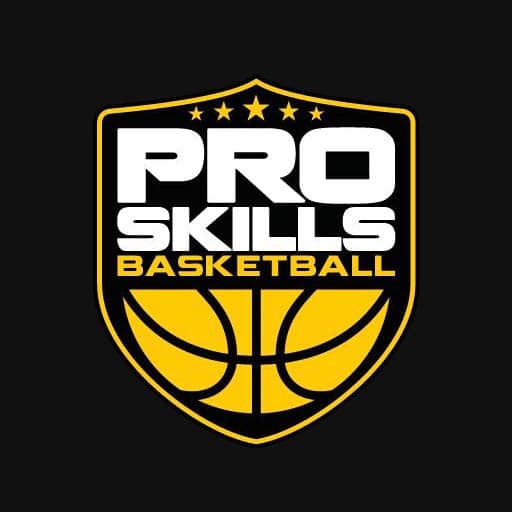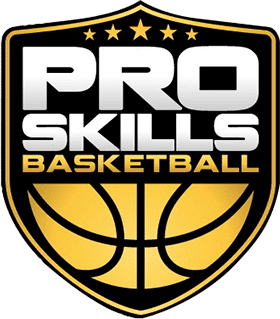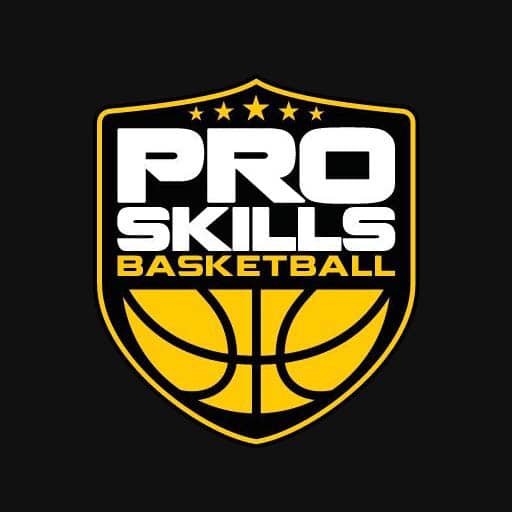
In the late eighties, the league sent VHS highlight tapes to Chinese state media (CCTV) to broadcast to free of charge.
Now fans can stream the Finals on almost any device, without a single yuan (元) leaving their pocket.
This accessibility to content is a hallmark of the league’s strategy in China and has fueled Chinese basketball fans’ love for the game. But, the NBA understands that it has to do more than let people watch – it has to teach them how to play.
The league took a large step towards this goal in 2014 when it launched a comprehensive program in cooperation with the Chinese Ministry of Education.
The multiyear partnership introduced a fitness and basketball development curriculum in elementary, middle and high schools across the country – and provided Chinese teachers the chance to study NBA training methods.
Not long afterward, the NBA announced Jr. NBA leagues in two of China’s most populated cities, Beijing and Shanghai.
As planned, these leagues spur competition, give the most talented Chinese basketball players a chance to sharpen their skills and provide a stage for the NBA in two of China’s most valuable markets.
While these initiatives have been productive, they grant very limited access to players – within school hours and during games, respectively.
In 2017, the NBA launched three distinct Chinese basketball academies to foster a more robust, or perhaps wholistic, training environment. In total, they have 280 male athletes and 280 female athletes for a grand total of 560 students.
In choosing academy locations league officials wisely opted for lesser-known – yet still largely populated areas – where they could grow from the ground up [Hangzhou (Zhejiang), Urumqi (Xinjiang), and Jilin (Shandong)].
By avoiding saturated metropolitans like Beijing and Shanghai, where they already have a market presence, the NBA will hopefully encounter less competition for players with the established basketball bureaucracy.
With that being said, operating a foreign business in China is no cakewalk.
Even with the NBA’s level of brand recognition, there is still a natural conflict of interest with CBA teams, Chinese basketball schools, and other parties hoping to work with China’s elite prospects.
The NBA and other foreign entities hoping to train players must strike a balance that placates regional basketball authorities while still managing to implement meaningful changes to the existing Chinese basketball system.
Pro Skills Basketball is a proud member of the Jr. NBA flagship network and is excited to be working in China. We are based in Chengdu, a city of over 14 million people, in the Sichuan province of China where PSB Coach Karl Barkley lives and coaches basketball full-time!
We look forward to developing Chinese basketball youth culture in a positive manner for years to come!

Download the Ultimate Guide to College Basketball Recruiting
Click on the button below, enter your email address and zip code. We’ll send you the PDF of this guide for free.

